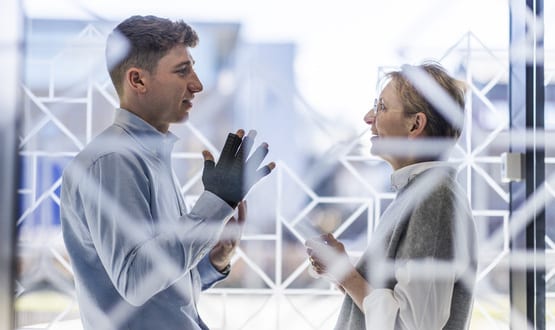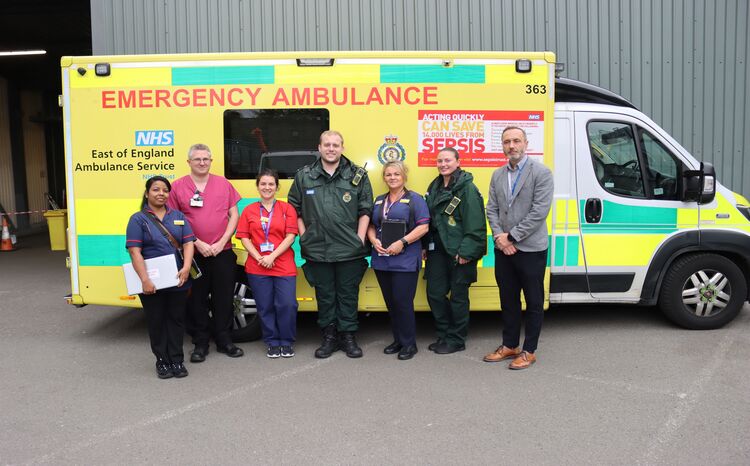Bioliberty secures funding for robotic glove technology

Bioliberty has secured £2.2 million in funding to help develop its unique Lifeglov technology, a soft robotic glove that can help restore upper limb mobility in stroke patients.
The technology offers rehabilitation for both the closing and opening strength of the hand. The glove also monitors key metrics related to upper limb mobility, so that improvements can be measured as the patient progresses through their rehab.
The Lifeglov is used with a digital therapy platform that provides the patient with tailored exercises to help them develop natural hand strength. They can be used at home by stroke patients to carry out rehabilitation from home, while occupational therapists can use them as tools to manage their patients remotely and improve health outcomes.
Rowan Armstrong, CEO at Bioliberty, said: “Our aim at Bioliberty is to empower every human to live a longer independent life by providing assistive robotics and rehabilitative technologies.
“The Lifeglov is a first step on this journey and the funding announced today will allow us to complete its development, along with our software platform, while preparing the runway for our US sales push. We’re confident in our technology and excited by the benefits it can deliver for both patients and occupational therapists.”
The funding round was led by Archangels, with participation from Eos Advisory, Old College Capital and Hanna Capital SEZC.
It will allow Bioliberty to complete development of the trial product and finalise development of the accompanying platform. Bioliberty also hopes that funding will see the business through the process of obtaining FDA approval and early commercial engagement in the US with rehabilitation clinics.
The Lifeglov’s use of soft robotics for rehabilitation is unique to the market. It means the product is more pliable, comfortable and complementary to the upper arm while at the same time also generating useful data to support stroke recovery.
Niki McKenzie, joint managing director at Archangels, said: “Bioliberty has developed a highly effective solution for helping patients with hand weakness, with the potential to improve the quality of life for millions worldwide.
“We believe its technology has far-reaching benefits beyond this first application, providing the business with an excellent opportunity to grow quickly from its base here in Scotland. Archangels is excited to be supporting the team as they finalise what we hope will be the first of many products and start scaling up their sales activity.”
Bioliberty was previously selected as one of 15 start-ups to join a Post-Covid AI Accelerator programme being delivered by the Innovation Group at the Bayes Centre, in conjunction with Edinburgh Innovations, the University of Edinburgh’s commercialisation service, and in partnership with Scale Space.





